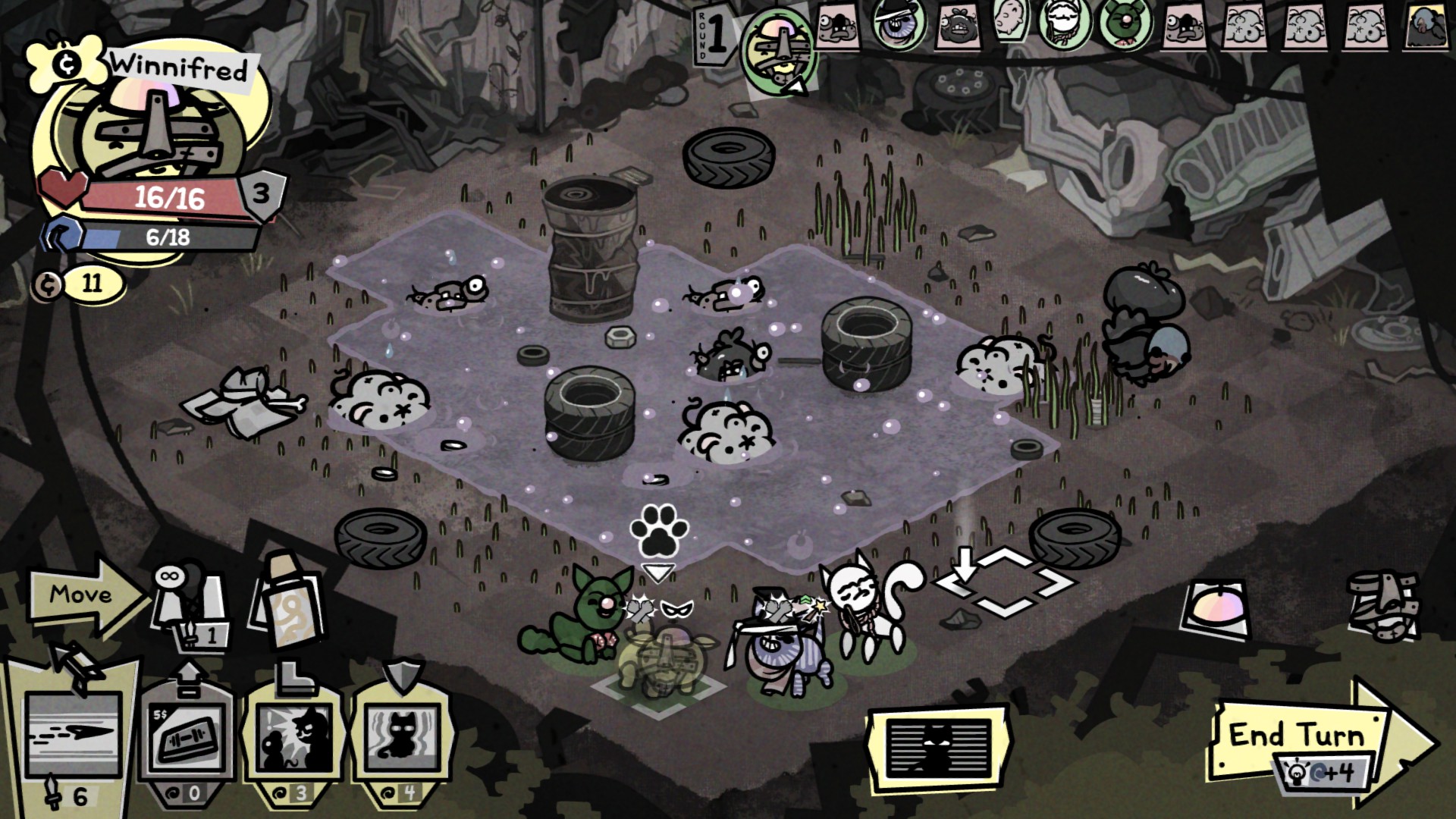Ubisoft ends its NFT experiment in Ghost Recon Breakpoint but promises they're 'coming to other games'
"You own a piece of the game and have left your mark in its history."

Keep up to date with the most important stories and the best deals, as picked by the PC Gamer team.
You are now subscribed
Your newsletter sign-up was successful
Want to add more newsletters?

Every Friday
GamesRadar+
Your weekly update on everything you could ever want to know about the games you already love, games we know you're going to love in the near future, and tales from the communities that surround them.

Every Thursday
GTA 6 O'clock
Our special GTA 6 newsletter, with breaking news, insider info, and rumor analysis from the award-winning GTA 6 O'clock experts.

Every Friday
Knowledge
From the creators of Edge: A weekly videogame industry newsletter with analysis from expert writers, guidance from professionals, and insight into what's on the horizon.

Every Thursday
The Setup
Hardware nerds unite, sign up to our free tech newsletter for a weekly digest of the hottest new tech, the latest gadgets on the test bench, and much more.

Every Wednesday
Switch 2 Spotlight
Sign up to our new Switch 2 newsletter, where we bring you the latest talking points on Nintendo's new console each week, bring you up to date on the news, and recommend what games to play.

Every Saturday
The Watchlist
Subscribe for a weekly digest of the movie and TV news that matters, direct to your inbox. From first-look trailers, interviews, reviews and explainers, we've got you covered.

Once a month
SFX
Get sneak previews, exclusive competitions and details of special events each month!
Yesterday, Ubisoft announced that Ghost Recon Breakpoint would receive no further content updates, the final act for a game that had an extremely messy launch and never really found its audience. It also ended up being used as a guinea pig for Ubisoft Quartz: the first attempt by a major publisher to incorporate non-fungible tokens in its games. Breakpoint's 'Digits', cosmetics with little numbers on them, launched in December 2021.
The Breakpoint Digits did not create all that much interest: I kept checking trading sites for a month or two after their launch, and there was barely any activity around them. Now Ubisoft has confirmed that the end of Breakpoint updates also means that the game won't see any more Digits: a message on the Ubisoft Quartz website thanks players who bought them and reads "You own a piece of the game and have left your mark in its history" (thanks, GI.biz).
Or in other words: hard cheese hombre! The language around NFTs always zeroes-in on this idea of ownership and legacy and leaving a mark and... it's just all such obvious nonsense. The idea that someone who bought a pair of gloves with a serial number 'owns' a piece of Breakpoint is as absurd as the idea that anyone will care about the 'history' of in-game items.
The Digits always felt like a weak pitch anyway, little more than 'limited edition' cosmetics. But now they show that the grander NFT promise—transferring items between games and 'owning' them in perpetuity—for the bunk it is. Players won't be able to do anything with their Breakpoint Digits now other than, erm, wear them in Breakpoint (or try to offload them onto the next sap).
The whole thing actually makes me feel bad for Breakpoint players, inasmuch as Ubisoft surely knew what the future for this game was in December 2021 (i.e. that it didn't have one) and has used its remaining time just to see what would happen with the Digits. The game and its players have been little more than a three-month experiment leading up to the news that it's being quietly retired.
Making matters even worse, the final Digit for the game was released on March 17, roughly three weeks ago. Sorry if you bought one of those, I guess.
This is undoubtedly the most high-profile NFT experiment the industry has seen, purely in terms of Ubisoft's reach and the fact it actually launched it, and a total running time of three months hardly inspires confidence in the long-term prospects of the tech in games. Credit where credit is due: most publishers just announce they're interested in NFTs, then pull out after the enormous and inevitable backlash. But Ubisoft stuck to this one, and now Breakpoint players are stuck with a load of items that, let's get real here, have little value and never will.
Keep up to date with the most important stories and the best deals, as picked by the PC Gamer team.
Not that this will deter Ubisoft: the update on the Quartz site ends by saying "Stay tuned for more updates with features to the platform and future drops coming with other games." 'Drops' is the crypto-jargon for NFT releases: so watch out, fans of less-successful Ubisoft games, because you're next.
Eeven if players don't like them, the trend towards NFTs is unmistakeable. Ubisoft announced it was getting into them in November, EA called NFTs 'the future of our industry', Discord was going to integrate them before u-turning after major backlash, while good old Steam's just decided to ban them altogether.
As for Ghost Recon fans... well, enjoy your little number. It's worth saying that, the Digits aside, Ubisoft did support Breakpoint for over two years after a botched launch, so stopping content updates seems reasonable. But to have launched a new feature like this and pull back from it so quickly afterwards can only be called a bad look. Shortly after Quartz launched Nicolas Pouard, VP of Ubisoft's Strategic Innovations Lab (which developed the platform), said: "So, it's really, for [gamers]. It's really beneficial. But they don't get it for now."
Well, a few months down the line, it seems there really was nothing to 'get' after all. And indeed, if you bought a Digit, you may well feel like the one who got 'got'.

Rich is a games journalist with 15 years' experience, beginning his career on Edge magazine before working for a wide range of outlets, including Ars Technica, Eurogamer, GamesRadar+, Gamespot, the Guardian, IGN, the New Statesman, Polygon, and Vice. He was the editor of Kotaku UK, the UK arm of Kotaku, for three years before joining PC Gamer. He is the author of a Brief History of Video Games, a full history of the medium, which the Midwest Book Review described as "[a] must-read for serious minded game historians and curious video game connoisseurs alike."

